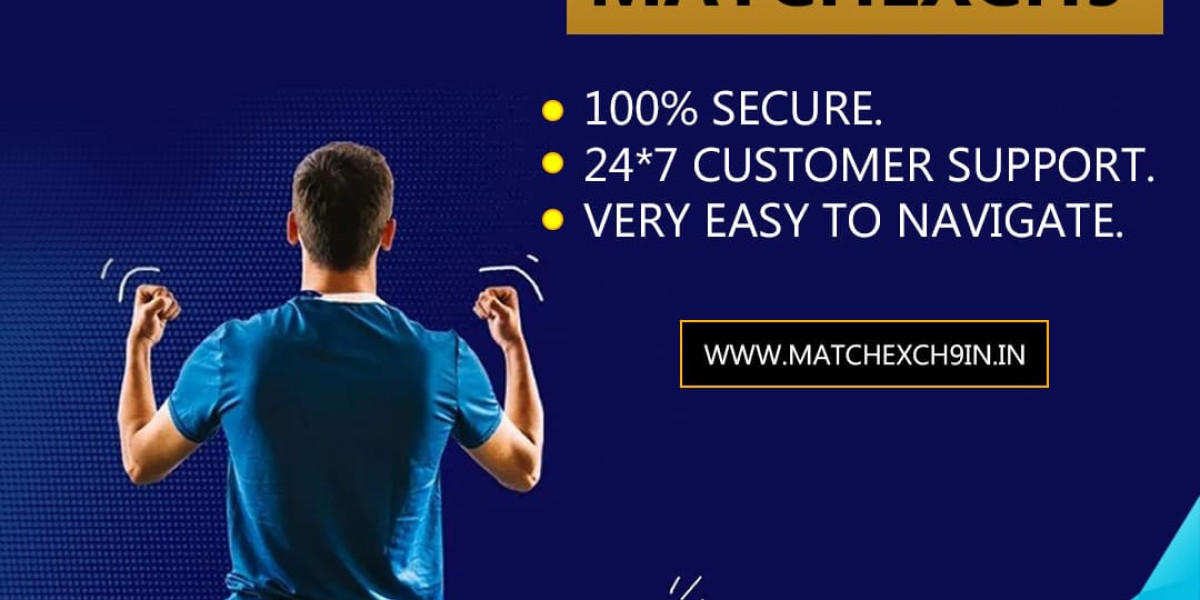The rapid advancement of technology has revolutionized many industries, and the car insurance sector in the UAE is no exception. The integration of Internet of Things (IoT) devices into vehicles is transforming how insurers assess risk, price policies, and interact with customers. These smart devices, embedded in vehicles, provide real-time data that can lead to more accurate insurance quotes, personalized coverage options, and enhanced customer experiences. This blog explores how IoT devices are enhancing car insurance policies, including third-party car insurance, and what this means for drivers in the UAE.
The Role of IoT in Modern Car Insurance

IoT devices in vehicles, such as telematics systems, GPS trackers, and sensors, collect a wealth of data on driving behavior, vehicle usage, and environmental conditions. This data can include speed, acceleration, braking patterns, mileage, and even the time of day the car is typically driven. By analyzing this information, insurers can gain a comprehensive understanding of an individual's driving habits, which allows for more precise and personalized car insurance policies.
For instance, good drivers who exhibit safe driving behaviors can be rewarded with lower premiums, while those who take greater risks may face higher rates. This usage-based insurance model, often called pay-as-you-drive or pay-how-you-drive, is gaining popularity in the UAE as it offers a fairer way to price car insurance. It also encourages safer driving habits, potentially leading to fewer accidents and claims.
How IoT Enhances Third-Party Car Insurance
Third-party car insurance is a mandatory requirement in the UAE, providing coverage for damages and injuries to others in the event of an accident. While this type of insurance does not cover the policyholder's vehicle, IoT devices still play a crucial role in enhancing third-party car insurance policies. For example, in the event of an accident, data from IoT devices can be used to accurately determine the circumstances surrounding the incident. This information can be invaluable in settling claims quickly and fairly, reducing disputes over liability.
Additionally, insurers can use IoT data to assess the risk profiles of different areas or routes, potentially identifying accident-prone locations. This knowledge can help insurers advise customers on safer driving practices or even tailor third-party car insurance policies based on the driver's most frequent routes. Such targeted approaches not only improve safety but also optimize the insurance product for the specific needs of the customer.
The Impact on Insurance Quotes

One of the most significant impacts of IoT devices on car insurance is the way they influence insurance quotes. Traditional insurance quotes are based on generalized risk factors such as age, gender, vehicle type, and driving history. While these factors provide a broad overview, they often do not accurately reflect an individual's true risk level. IoT devices provide a more granular view by supplying real-time data on actual driving behavior.
This detailed information enables insurers to offer more accurate and customized insurance quotes. For example, a driver who regularly demonstrates safe driving habits, such as adhering to speed limits and avoiding harsh braking, can be offered a lower premium. Conversely, drivers who exhibit risky behaviors may receive higher quotes. This personalization makes car insurance more equitable, ensuring that policyholders pay a premium that reflects their specific risk profile.
Benefits Beyond Pricing
The integration of IoT devices into car insurance policies offers benefits that go beyond pricing. One significant advantage is the potential for enhanced customer service. Many IoT-enabled systems can automatically alert emergency services in the event of an accident, providing critical information such as the vehicle's location and the severity of the impact. This can expedite emergency response times and potentially save lives.
Furthermore, IoT devices can assist with vehicle maintenance by monitoring key systems and alerting the driver to potential issues before they become serious problems. For example, sensors can detect when tire pressure is low or when the battery is running low, prompting timely maintenance that can prevent accidents and reduce insurance claims. This proactive approach not only helps keep drivers safe but also reduces the overall cost of car insurance by minimizing the frequency and severity of claims.
Challenges and Considerations

While the benefits of IoT in car insurance are clear, there are also challenges and considerations to be aware of. One concern is data privacy. The collection and use of personal driving data raise questions about how this information is stored, shared, and protected. Insurers must implement robust data security measures to protect their customers' privacy and ensure that data is used responsibly.
Another challenge is the potential for technology adoption barriers. Not all drivers may be comfortable with or have access to IoT-enabled vehicles, which could limit the widespread adoption of these advanced insurance products. Insurers need to balance the benefits of IoT technology with the need for inclusivity and fairness in their offerings.
The Future of Car Insurance in the UAE
The integration of IoT devices into car insurance policies is poised to redefine the industry in the UAE. As technology continues to evolve, we can expect even more sophisticated data analytics and personalized insurance solutions. For drivers, this means better coverage options, more accurate insurance quotes, and a greater emphasis on safety and customer service.
In conclusion, IoT devices are transforming car insurance in the UAE by providing real-time data that enhances policy accuracy and personalization. Whether it's through more accurate insurance quotes, improved third-party car insurance claims processes, or proactive vehicle maintenance alerts, the benefits of IoT in car insurance are numerous and significant. As this technology becomes more prevalent, drivers in the UAE can look forward to a more tailored and responsive insurance experience.







